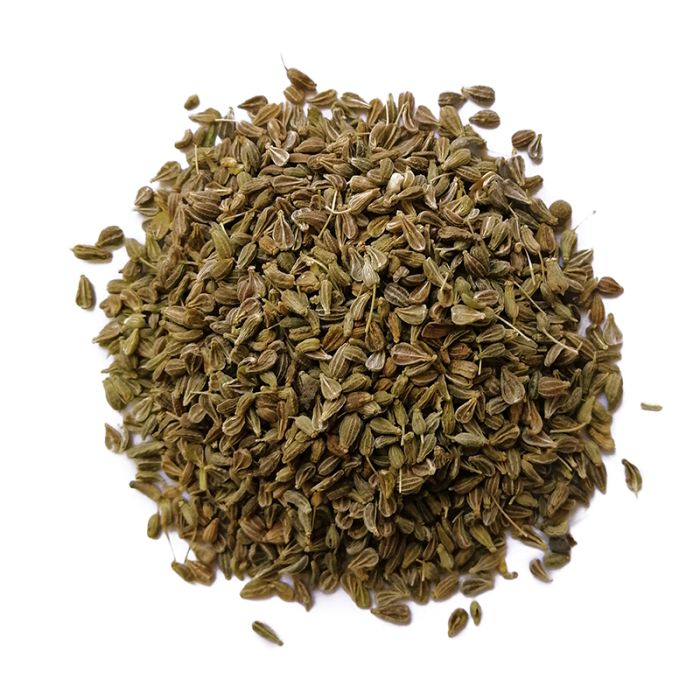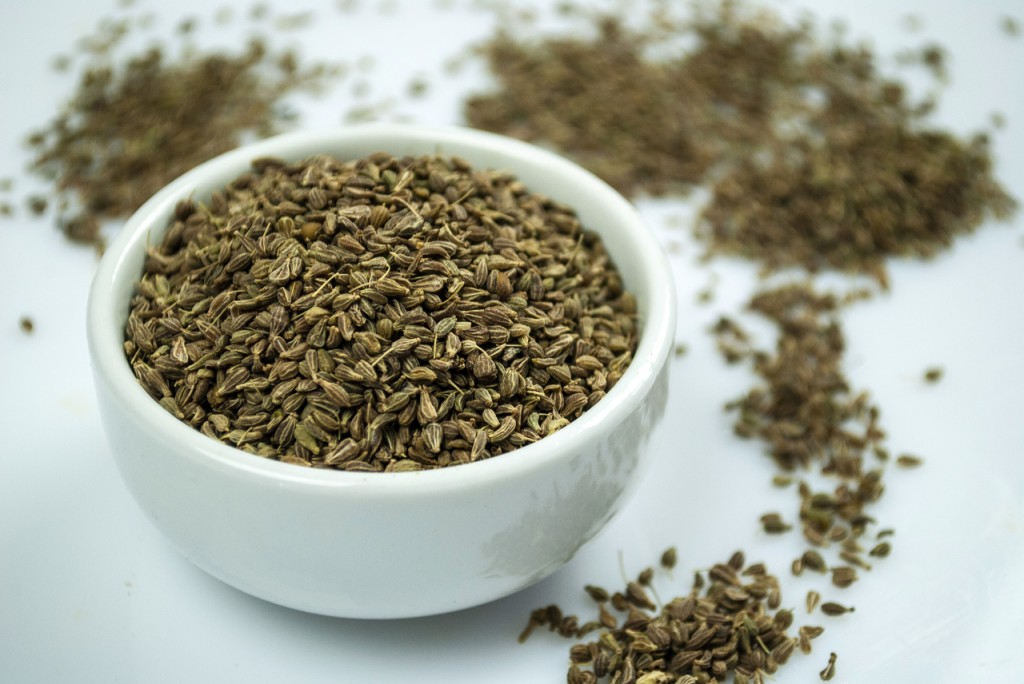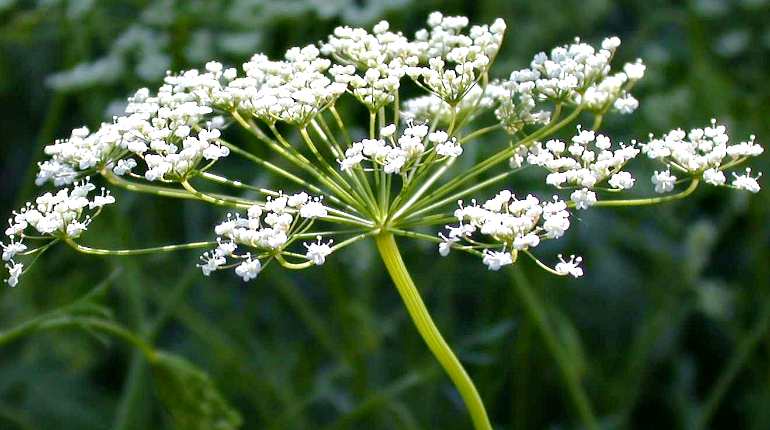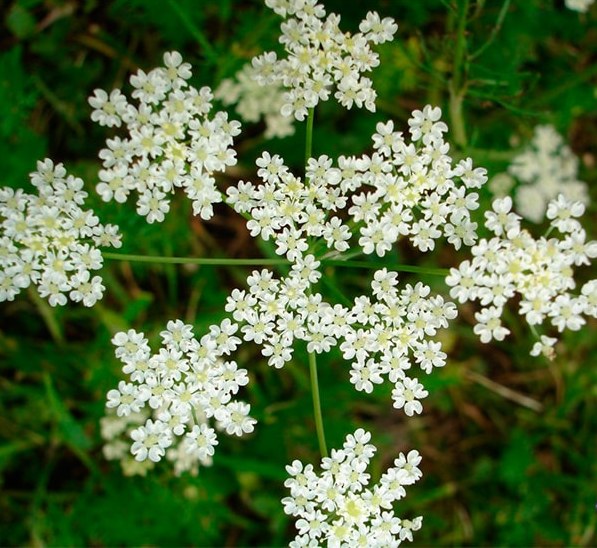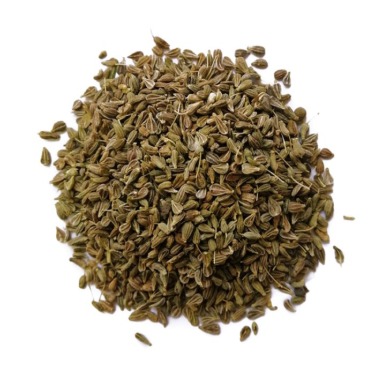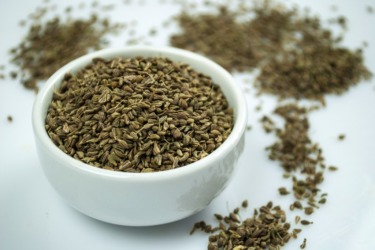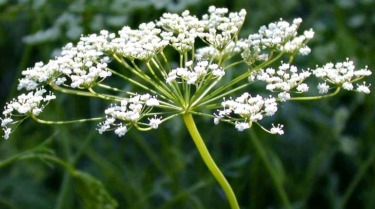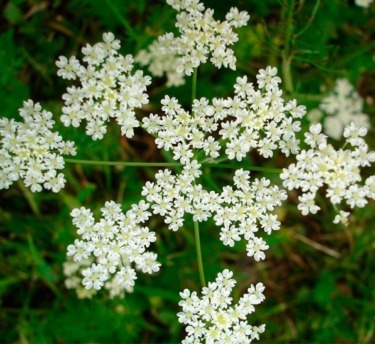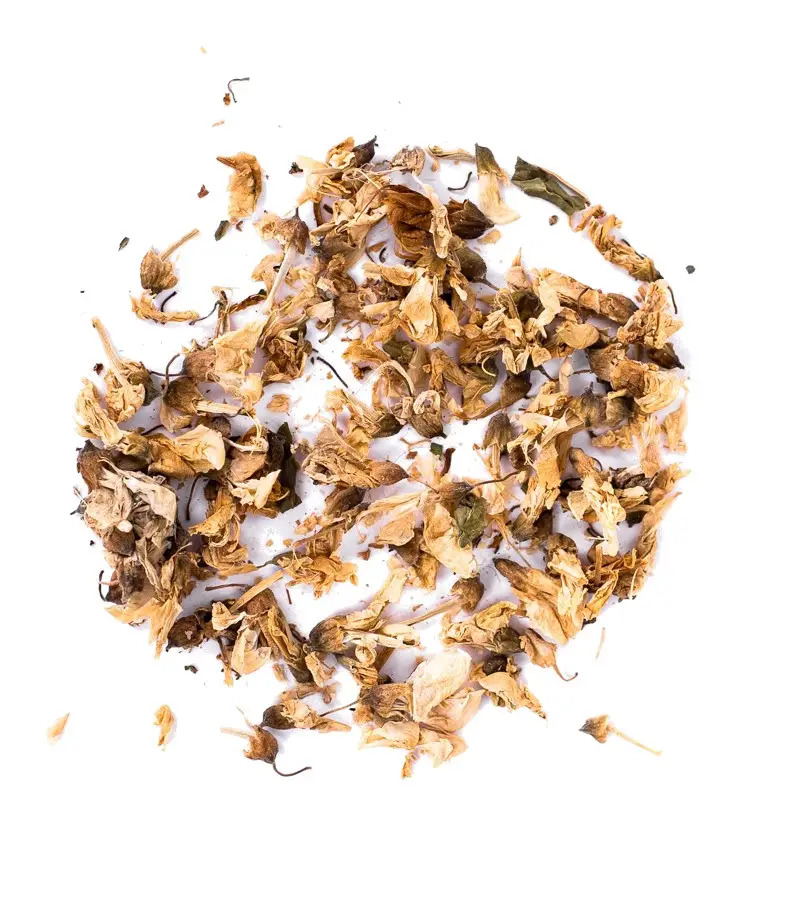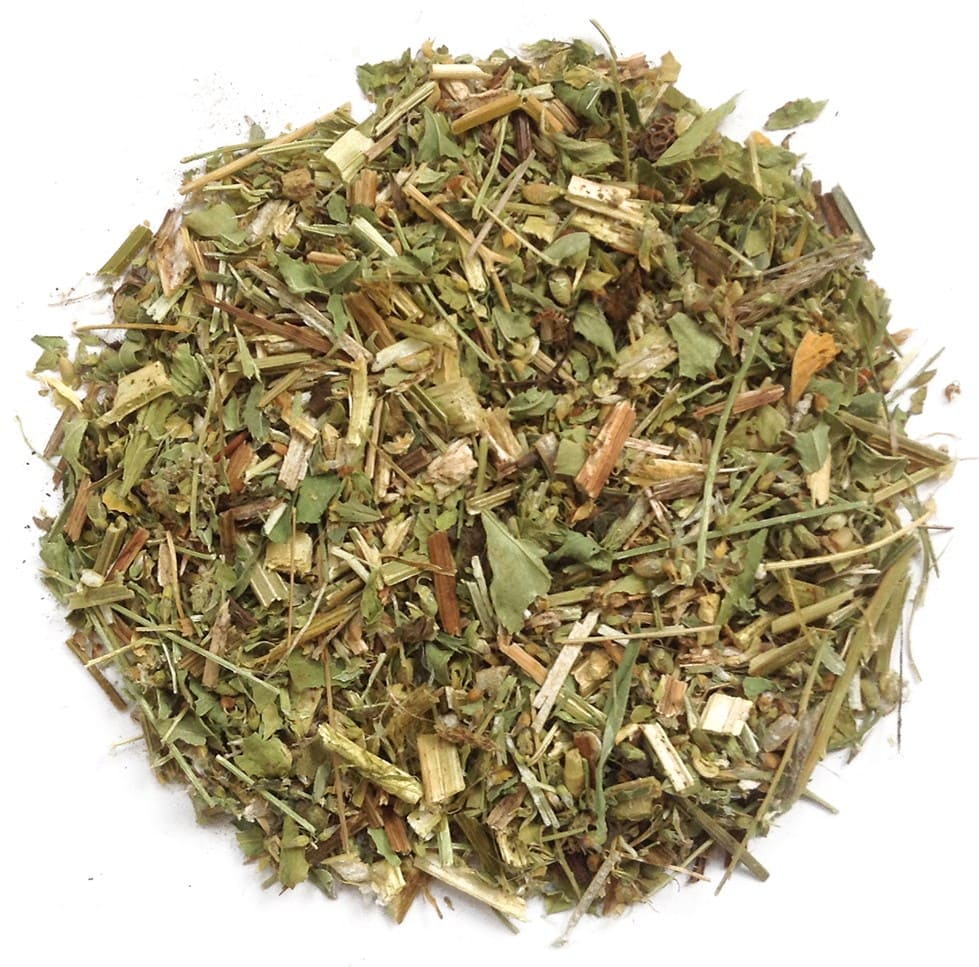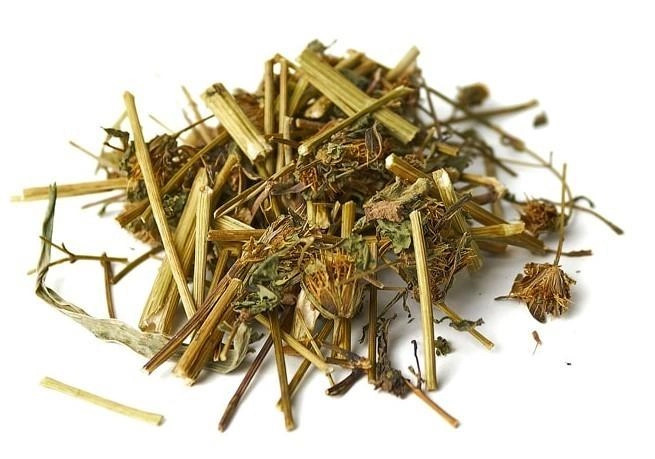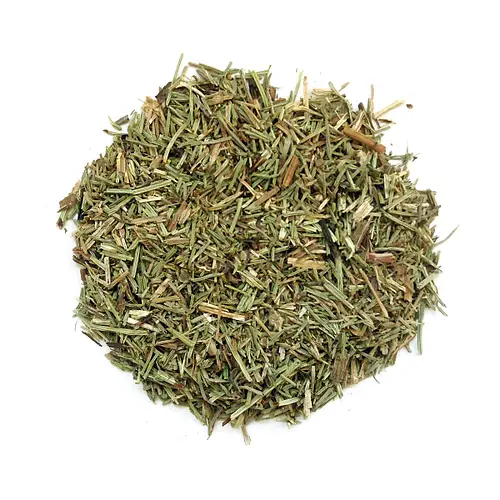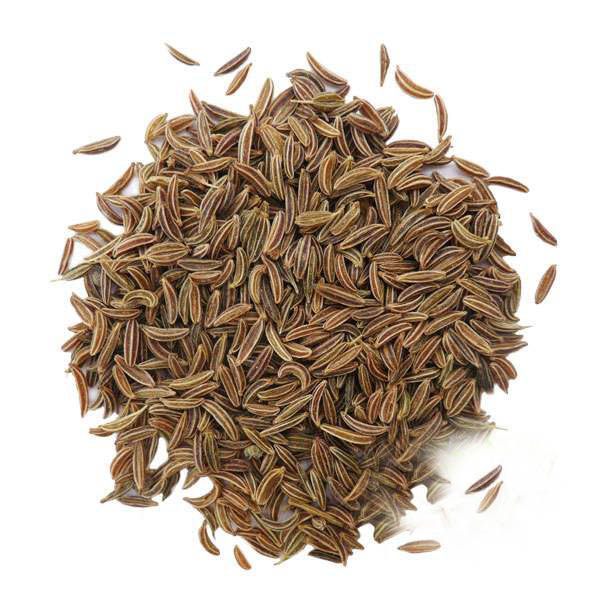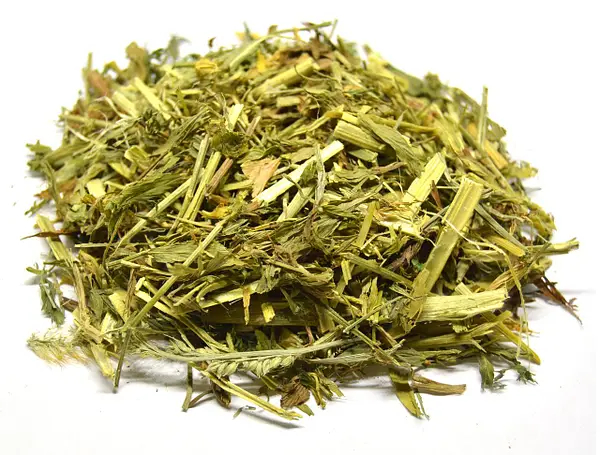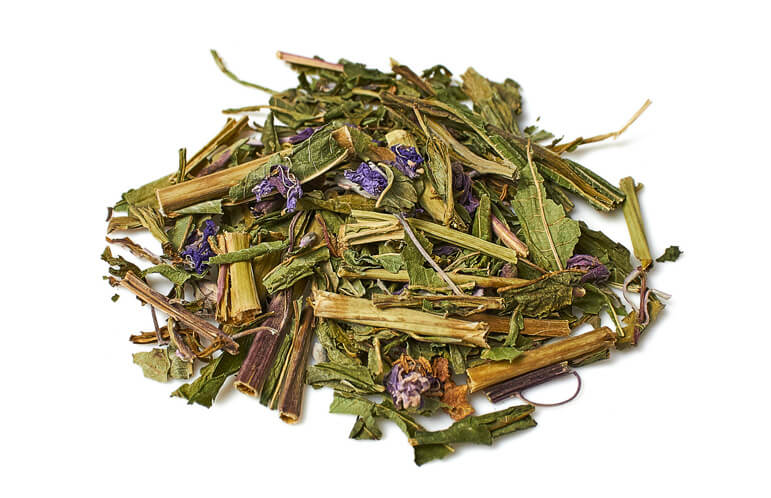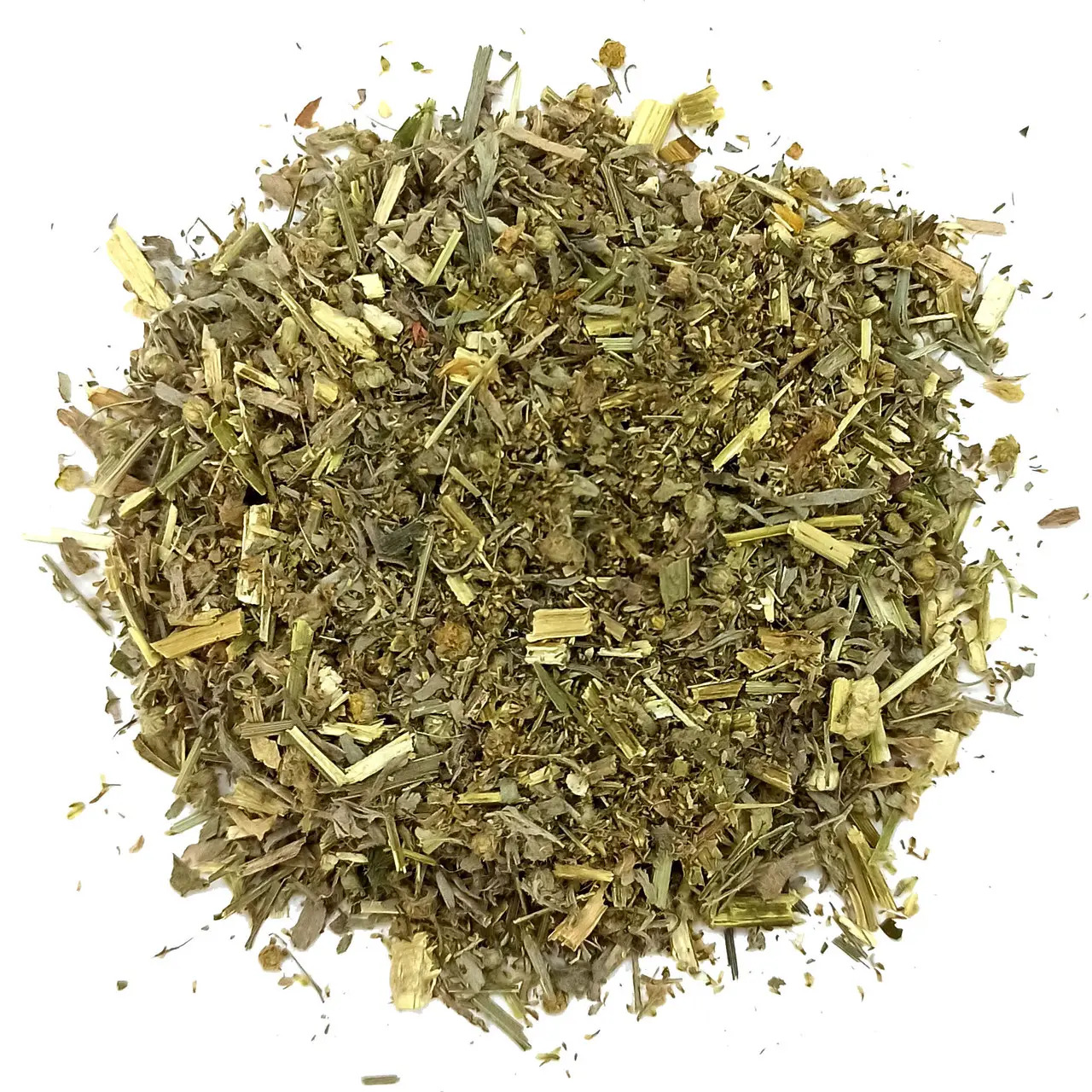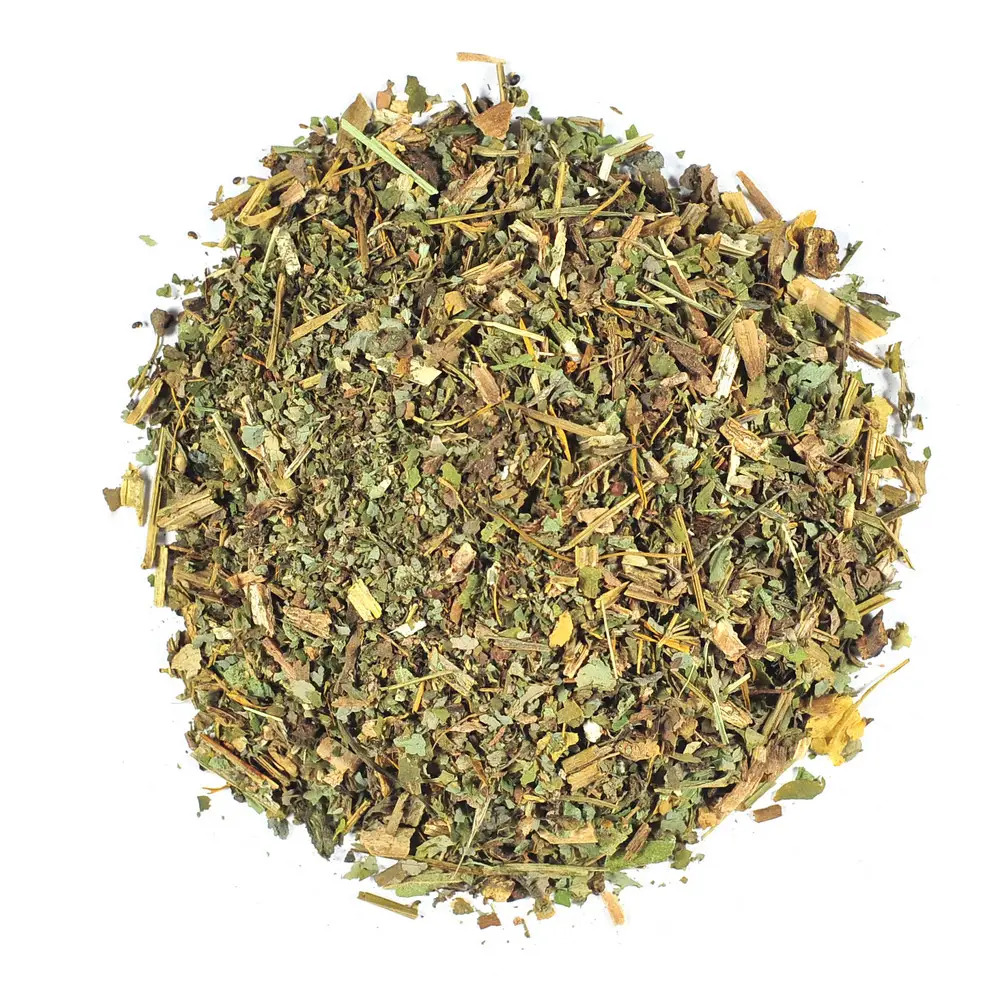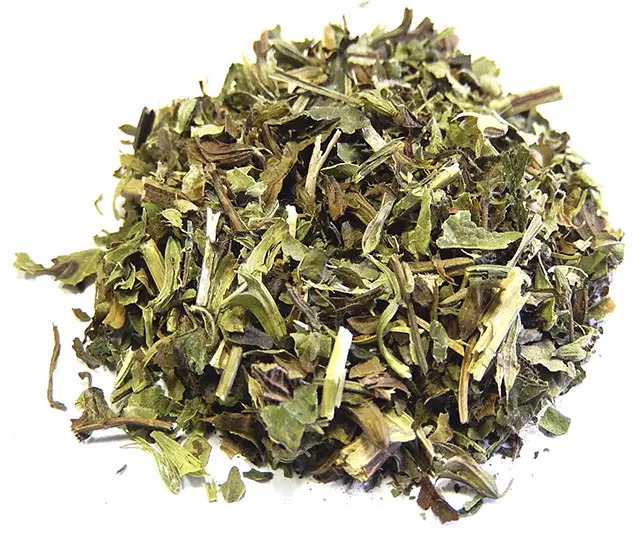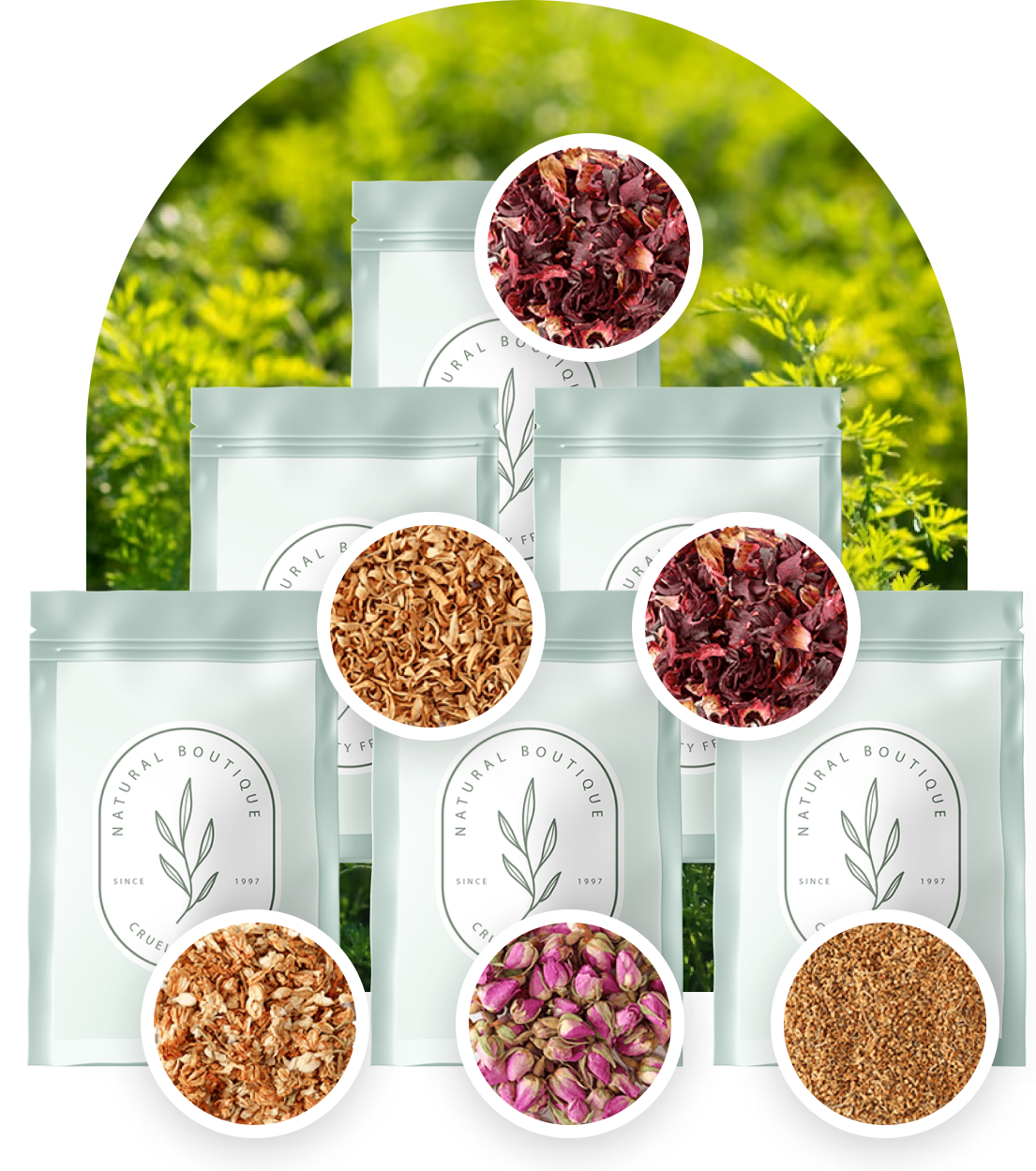Common anise blooms from June to July, and its fruits begin to form in August. Anise fruits have the ability to inhibit the development of microbes, relieve inflammation and promote expectoration. It is this part of the plant that is used for medicinal purposes.
Atenol, contained in anise essential oil, irritates the bronchial mucosa, causing reflexive activation of respiration and increasing the activity of ciliated epithelium. This helps to increase bronchial tone and mucus secretion. As a result, sputum is easier to expectorate, and together with it, inflammatory products are removed from the respiratory system.
Due to their lung and bronchial cleansing effect, products containing anise seeds are recommended for tobacco users.
To create expectorant products, anise fruits are used both in their pure form and in combination with other medicinal raw materials, such as licorice root or flax seeds. Such an infusion of anise fruit can also be used for gargling in case of throat diseases such as laryngitis, pharyngitis and sore throat. It helps to reduce inflammation, soothe, disinfect, cleanse, and anesthetize the throat.
Anise fruit is prescribed for the treatment of various diseases of the gastrointestinal tract.
In cases of kidney and urinary system diseases, anise fruits have the properties of destroying bacterial infection.
